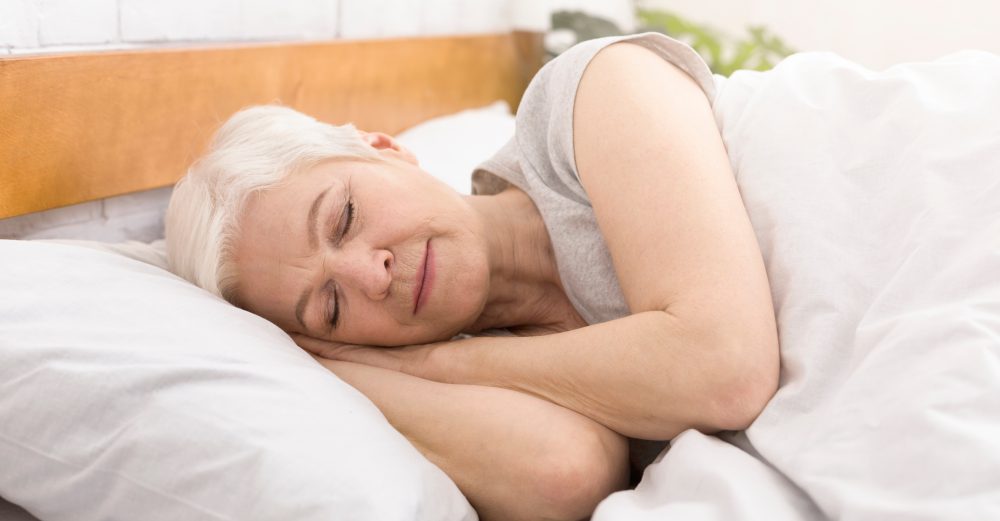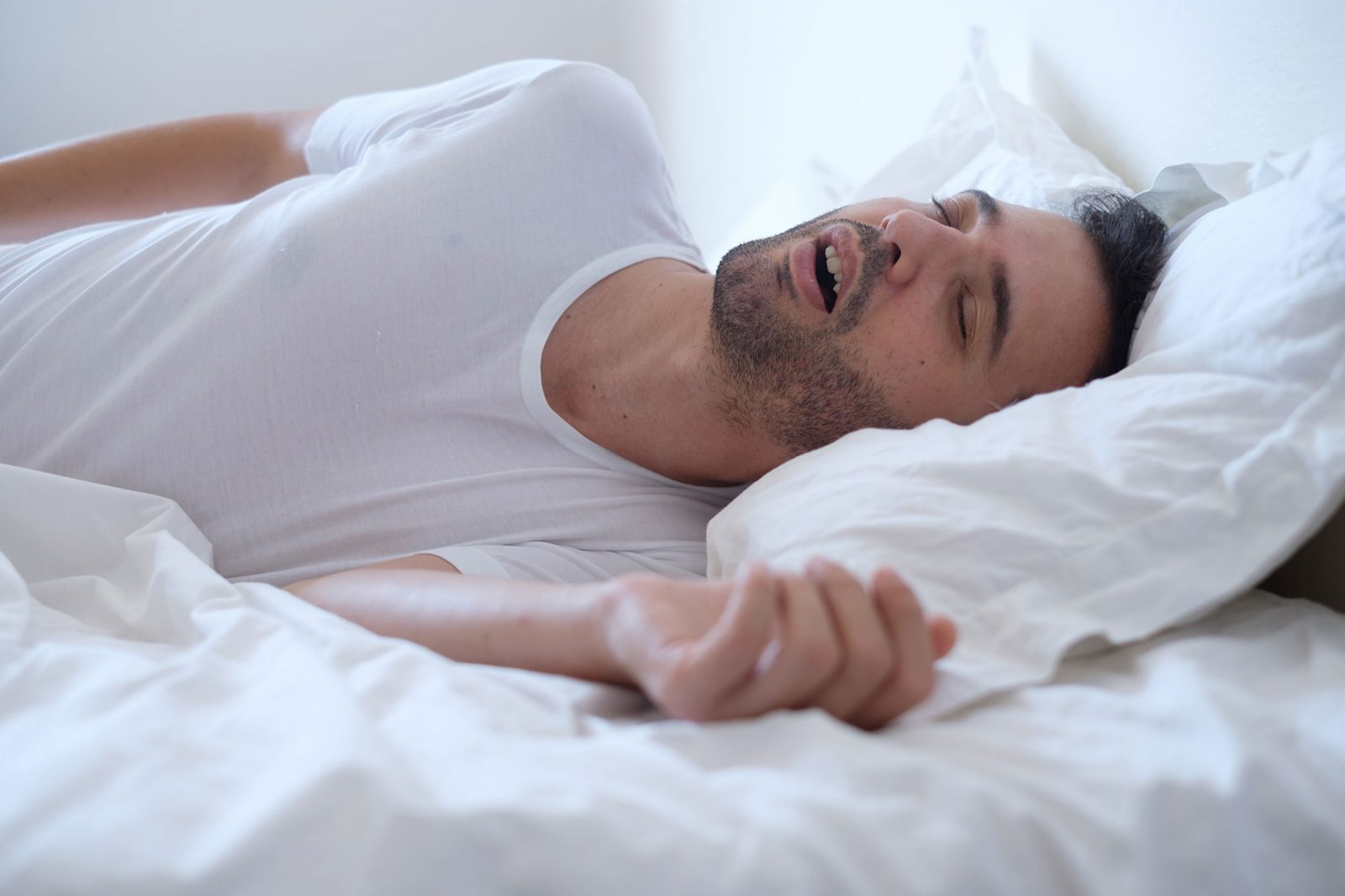
100% reimbursement after doctor's referral
Short waiting times
Multidisciplinary view
small-scale locations
Sleep test at your home
With us you never pay more than in a regular hospital
Often an appointment within 1 week
Specialist doctors for the correct diagnosis
Amsterdam, Hilversum, The Hague, Oisterwijk, Rotterdam
Instruction at home, sleep at home
Sleep hygiene – A number of useful sleeping tips to help you sleep better
Need sleep tips? There are different ways to determine if you have trouble sleeping.
Ask yourself these questions:
- Do you have trouble falling asleep?
- Do you wake up at night and cannot continue sleeping?
- Are you worried about things, worry, and have trouble relaxing in bed?
- Do you feel that you do not wake up feeling rested, despite sleeping all night?
- Do you wake up early, at an earlier time than you would like?
If you have answered ‘yes’ to one of these questions, we have some sleep tips that can help you sleep better. Do not try all the sleeping tips at once, but choose one that you think would help the most. It is good to try one thing at a time so that you can see what works best for you.
Treat problems that disturb sleep
- Depression, anxiety and stress can affect your sleep. Poor sleep can also be a symptom of other conditions.
- Ask your doctor or other support staff if these problems can be part of your sleep problem.
Consult your doctor about your medication use
- Some heart, blood pressure, asthma, anxiety or depression medications can disrupt sleep.
- Contact your doctor or pharmacist to see if you can change the time you take your medication so that they are less likely to disturb sleep.
- Remember to also ask about herbal or freely available medicines that you may be using, as they may also affect your sleep.
Exercise regularly
- Exercise can reduce fatigue.
- Regular exercise can help you sleep better.
- It is best not to train or exercise 2 – 4 hours before you go to bed at night.
Ensure adequate exposure to sunlight
- Daylight is important when regulating sleep patterns.
- Try to get outside in natural sunlight for at least 30 minutes a day.
Avoid or limit caffeine, nicotine and alcohol 4 – 6 hours before you go to sleep
- Caffeine and nicotine are stimulants that disrupt your ability to sleep.
- Coffee, black and green tea, cocoa, chocolate, soft drinks such as cola and some prescription drugs contain caffeine.
- The stimulating effect of caffeine can last up to 8 hours.
- Cigarettes and some medicines contain nicotine (nicorette, Nicoderm).
- Alcohol may seem useful in the beginning because it slows down brain activity, but it causes disturbed sleep, so avoid alcohol before going to bed.
Limit the use of sedatives
- Your doctor can give you sleeping pills or sleeping pills to help you sleep. It is advisable to regard this as temporary rather than as a permanent solution. Discuss this with your doctor.
Do not drink much before going to sleep
- Drink less from 2 hours before you go to sleep.
Keep regular intervals before going to bed and getting up
- If you don’t fall asleep within 15 to 30 minutes, get up and do something boring. For example, keep boring reading material close at hand.
Make fixed pre-sleep rituals
- Read a few minutes before you go to sleep.
- Listening to relaxing music.
- Do relaxation exercises.
- A hot bath 90 minutes before going to sleep raises your body temperature, the subsequent drop in body temperature can make you sleepy.
- If you are hungry before bedtime, take a light snack. A heavy meal within 2 hours of bedtime can disrupt sleep.
Provide comfort in your bedroom and bed
- The temperature of your room should be comfortable for you – in general it is better to keep the room a little cool and have enough blankets to keep you warm.
- Lie down in your favorite sleeping position.
- Block disturbing sounds and light.
- Use good curtains or darkening to ensure that the bedroom is completely dark.
- TV is fascinating and tends to keep you awake – avoid it. Use your bed and bedroom only for sleeping and sexual activities, not as an office, office or recreation room.
- Teach your body to “know” that the bed is meant to sleep.
Relaxation techniques
- Try relaxation techniques to help you relax during the day or to help you fall asleep in the evening.
Excessive rest can aggravate fatigue
- If you sleep all day or are inactive, you will probably have trouble sleeping at night.
Plan naps
- If you cannot go through the day without a nap, make sure you sleep less than 60 minutes (preferably 30 – 45 minutes) BEFORE 3:00 PM.
Do the test!
Do you want to know if you have sleeping problems?
